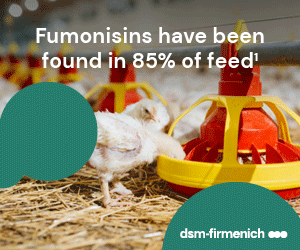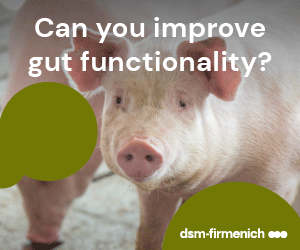



Diagnostics and vaccination channels significantly improved in Uganda
Zoetis CSO speaks about his first hand experiences in Uganda since the launch of their A.L.P.H.A Initiative.Speaking to The Poultry Site, Zoetis CSO Mike McFarland talks about his visit to Uganda to whitness the long term impact of the A.L.P.H.A Initiative on its 5th Anniversary.
Foundation for enhanced veterinary care
“We have seen first-hand the impacts of improving animal health in Sub-Saharan Africa and partnering with local institutions to develop veterinary education and sustainable livestock productivity solutions,” said Mike McFarland, DVM and Chief Medical Officer at Zoetis. “Looking ahead, we are taking steps to ensure we can continue to support veterinary education and training, and build the infrastructure needed to help veterinarians and farmers continue to improve the health and productivity of their livestock and livelihoods.”
“The A.L.P.H.A. initiative has helped veterinarians enhance their technical knowledge, while supporting farmers improve productivity and make the sector more sustainable. Farmers in the region now embrace better farming practices and are improving their profitability, income and quality of life,” said Olutoyin Catherine Adetuberu, DVM, President of the Nigerian Veterinary Medical Association (NVMA), who presented her experience on the impacts of the initiative in Nigeria at the anniversary event in Brussels.
About A.L.P.H.A.
The A.L.P.H.A. initiative, co-funded with the Bill & Melinda Gates Foundation in 2017, was first launched in Uganda and Nigeria, followed by Ethiopia in 2018 and Tanzania in 2019. This initiative aimed at advancing livestock health and productivity in Sub-Saharan Africa through increased availability of veterinary medicines and services, and the implementation of disease diagnostics infrastructure. To ensure long term sustainability of this initiative, Zoetis has developed veterinary laboratory networks and outreach services into local economic hubs in partnership with veterinary associations, local food chain players and governmental institutions.

















